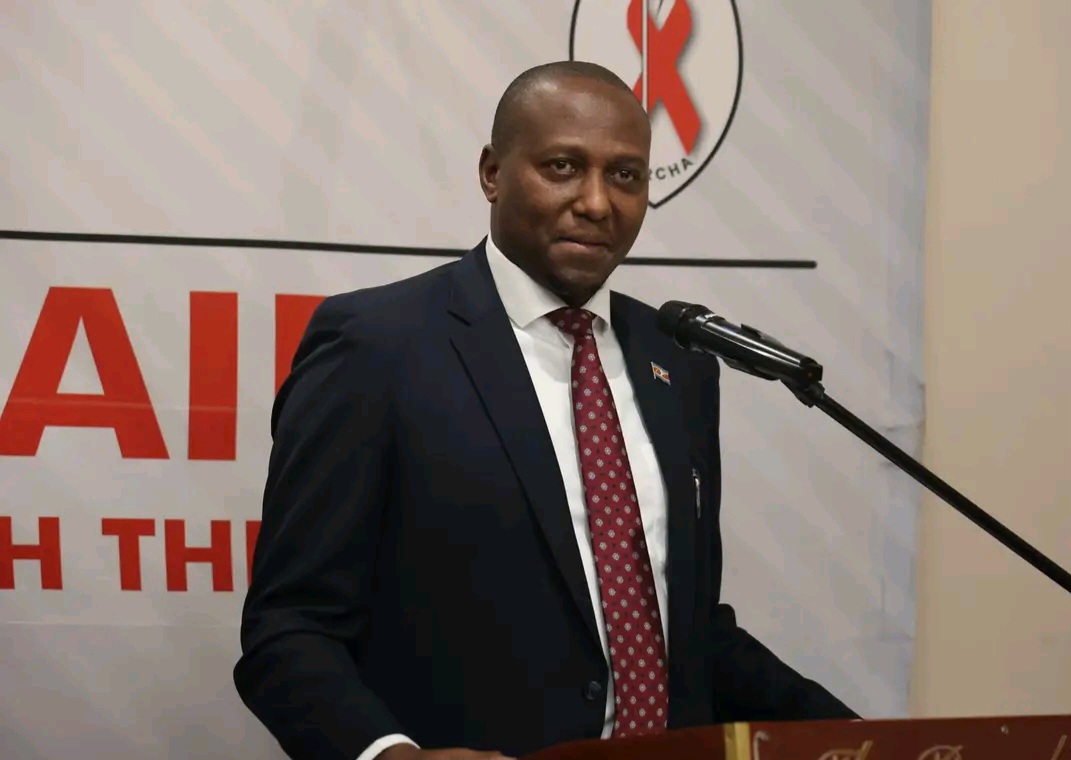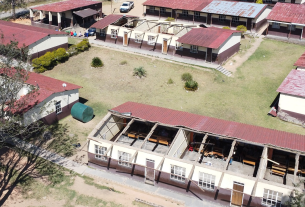BY MBONO MDLULI
MBABANE – Even though Eswatini looks to be on the brink of winning the fight against HIV/AIDS, Prime Minister Russell Mmiso Dlamini has identified areas that Emaswati need to focus on in order to ensure a complete eradication of the disease.
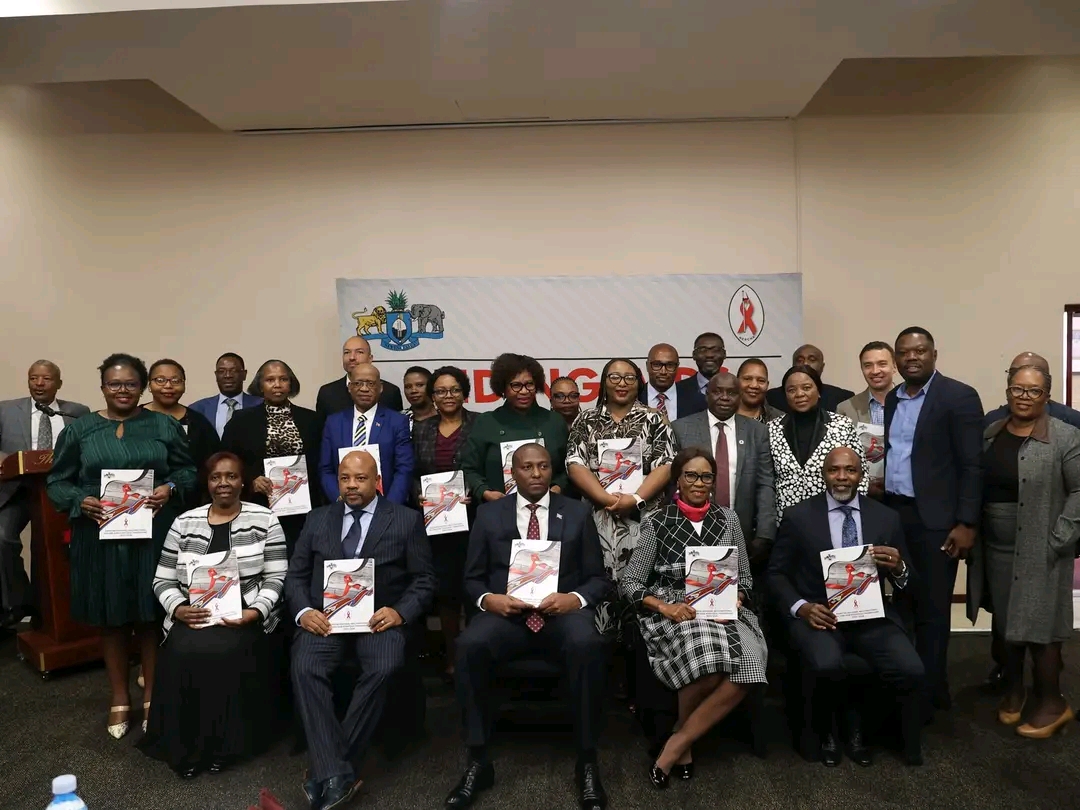
Dlamini said HIV/AIDS appeared to haunt certain groups such as young girls in the country. He said therefore, there was a need for efforts to be made to help these people prevent the contraction of the disease. He said this today (Thursday, August 8, 2024) at Royal Villas in Ezulwini. This was during the launch of the National Multisectoral HIV and AIDS Strategic Framework (NSF) 2024-2028.
“While we celebrate this great achievement in the Nation’s response to HIV and AIDS, it is important to intensify our HIV Prevention response to avert new HIV infections which have remained high among adolescent girls and young women. Our local literature highlights that the HIV incidence is 3-5 times higher among adolescent girls and young women aged 15 to 29 years compared to their male counterparts,” Dlamini said.
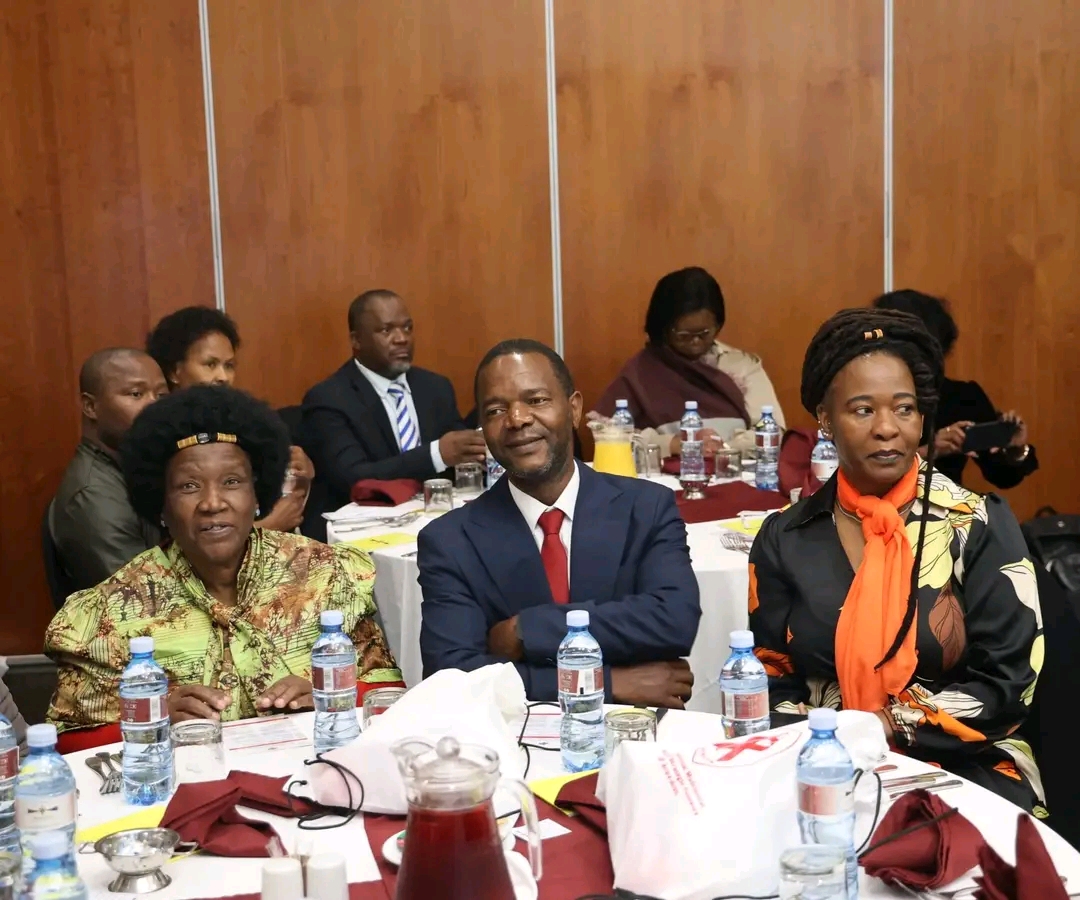
The prime minister said it was fortunate that the sources of HIV infection were now known. “Fortunately, we now know where some of these new HIV infections are coming from and have identified potential perpetuators of new HIV infections, which include poverty, unemployment, intergenerational sex, early sexual debut, transactional sex, gender-based violence, low access to HIV prevention technologies, inadequate condom use, low values and low morality,” he said.
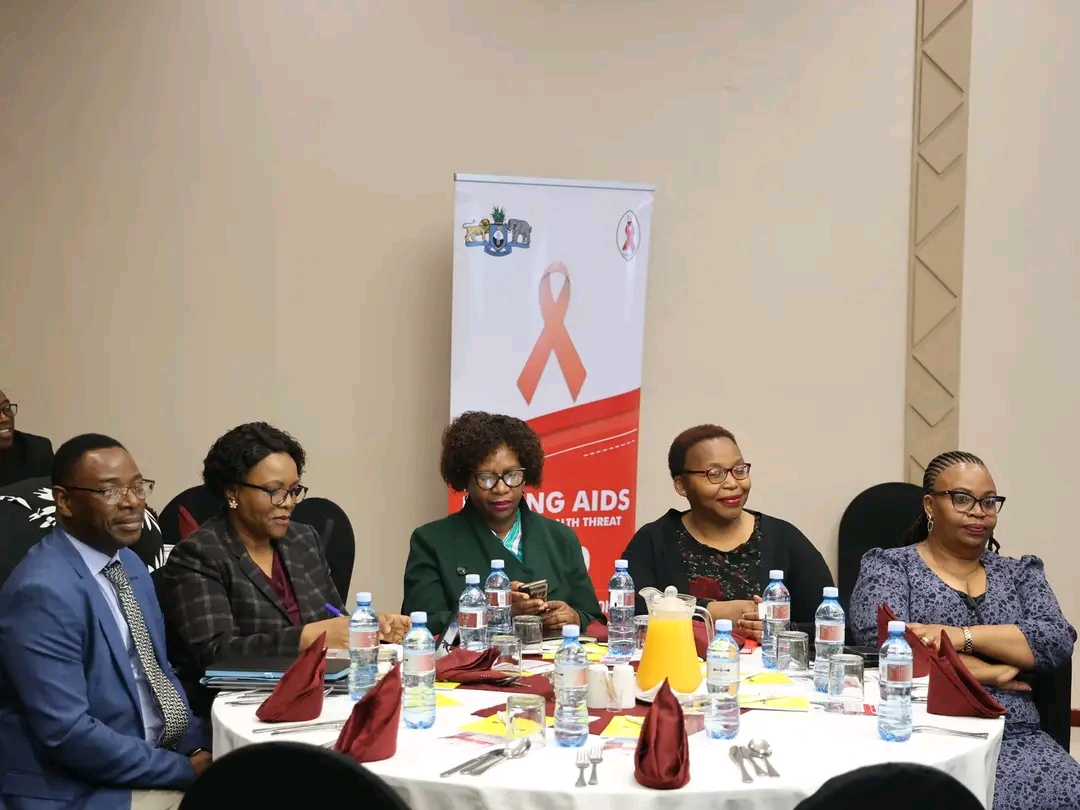
He said it was important that, as a country and together with its partners, Emaswati should combine their efforts and think outside the box for their multi-sectoral HIV Prevention response. He applauded the efforts of the health sector, led by the Ministry of Health, on the various prevention technologies that have and continued to be rolled out.
He said the new National Multisectoral HIV and AIDS Strategic Framework (NSF) 2024-2028 they launched today had identified and prioritised these problematic areas. “As we strengthen our HIV prevention response, we need to be cognisant of the emerging global health threat of non-communicable diseases (NCDs) and strengthen prevention programs for these as well,” he said.
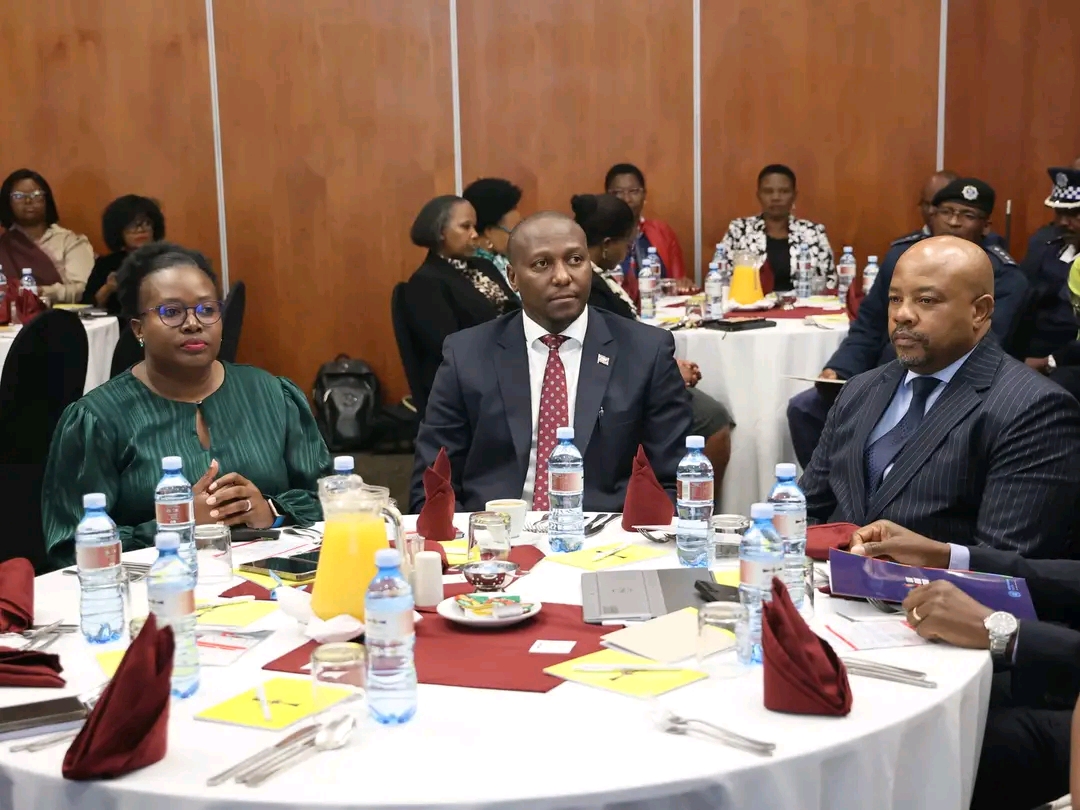
Furthermore, Dlamini said there was a need to pay close attention to medication side effects that Emaswati experienced, while on treatment and addressed them timely and effectively. “I am convinced that by addressing these, we will prevent needless suffering from preventable diseases and premature death and achieve optimal health for all emaSwati in line with SDG-3 and the UNAIDS goal of ending AIDS by 2030,” he said.

